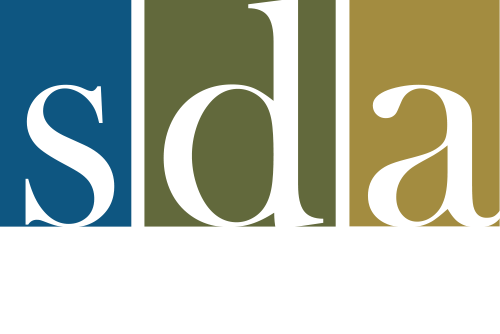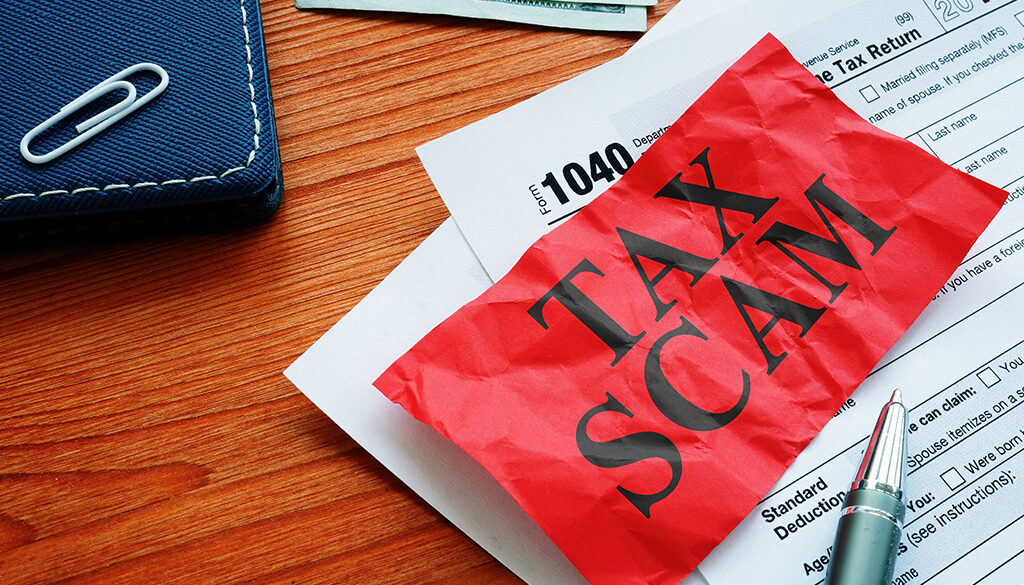New Tax Scams and How To Avoid Them
Recently, the IRS released their “Dirty Dozen” list of tax scams for 2021. Each year, the IRS highlights the twelve “worst of the worst tax scams,” and this year’s list was announced at the end of June. We thought you should all be aware of these common tax scams and provide you with some tips on how to avoid them.
This year’s scams to be on the lookout for…
As you can probably guess, this year’s list includes phishing and social media scams as well as scams relating to COVID-19 economic impact payments. The list also warned taxpayers of schemes peddled by tax promoters and other ploys such as fake charities and tax preparers. The Journal of Accountancy published a series of articles that detail each of these types of scams; we’d recommend looking through them to learn more about what these scams look like. You can also read about the Dirty Dozen list and previous years’ lists on the IRS website.
Avoiding Scams
Luckily, there are simple and easy steps you can take to avoid these scams. Phishing, as I’m sure many of you are aware, has become commonplace for anyone who has an email address. As a small business owner, it can sometimes be difficult to ward off phishing scams when you have more than a handful of employees with separate email accounts. However, avoiding phishing scams is easier than you may think. Here are some simple steps you can implement today:
- Use multi-factor authorization for any account that allows it—doing so can prevent others from logging into your accounts without your permission. This goes for email, banking, Facebook, Amazon, anything that has sensitive personal or business information.
- Check the email address of the sender—ever receive an odd email from someone you know? Check the email address before responding, or clicking any links: do you recognize the email? Is it legitimate? If you’re unsure, call or text the person you think is trying to reach you and verify with them directly.
- Set up spam filters on your business and personal emails—Google does a decent job of filtering spam messages as do most other mainstream email accounts; however, adding a second layer of protection couldn’t hurt, especially as your business grows and you take on more and more employees.
That’s just phishing, though, what about all the other types of scams? Well, fortunately, the IRS now allows any individual to obtain an identity protection personal identification number (IP PIN). Before now, the IRS only allowed confirmed victims of identity theft or pilot program participants to obtain an IP PIN; now, anyone can get one. The IP PIN is a useful tool to protect the personal information you submit to the IRS—and prevent others from submitting false information on your behalf.
These are just a few things you can do to protect yourself and your business from tax scams. If you have questions about the security of your personal information, call us today! We’ll be happy to advise you as best we can.
-Kelly & Stanley




